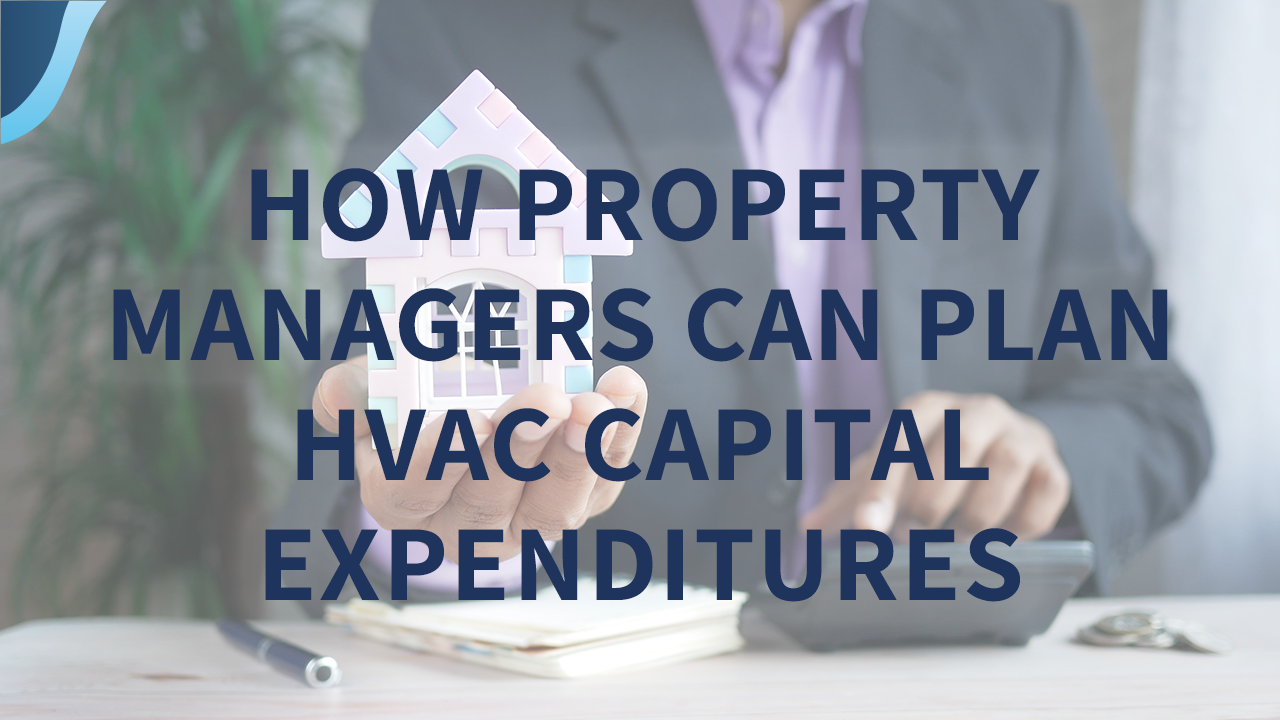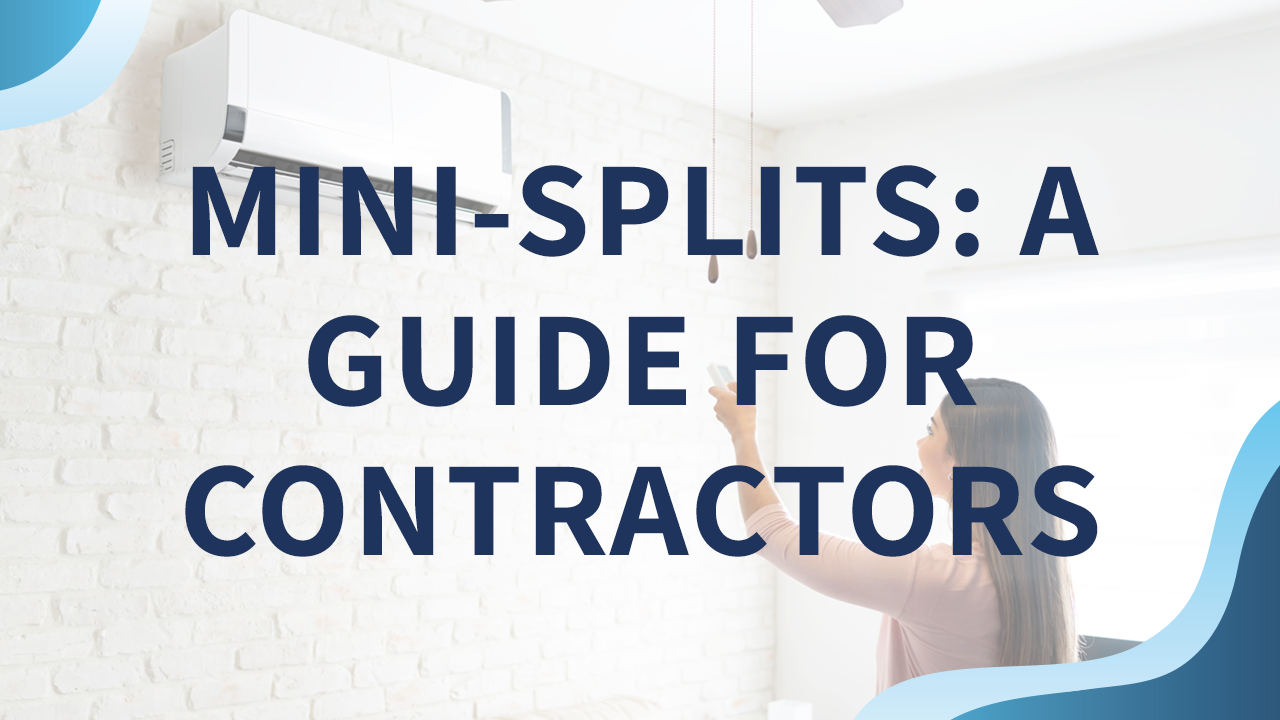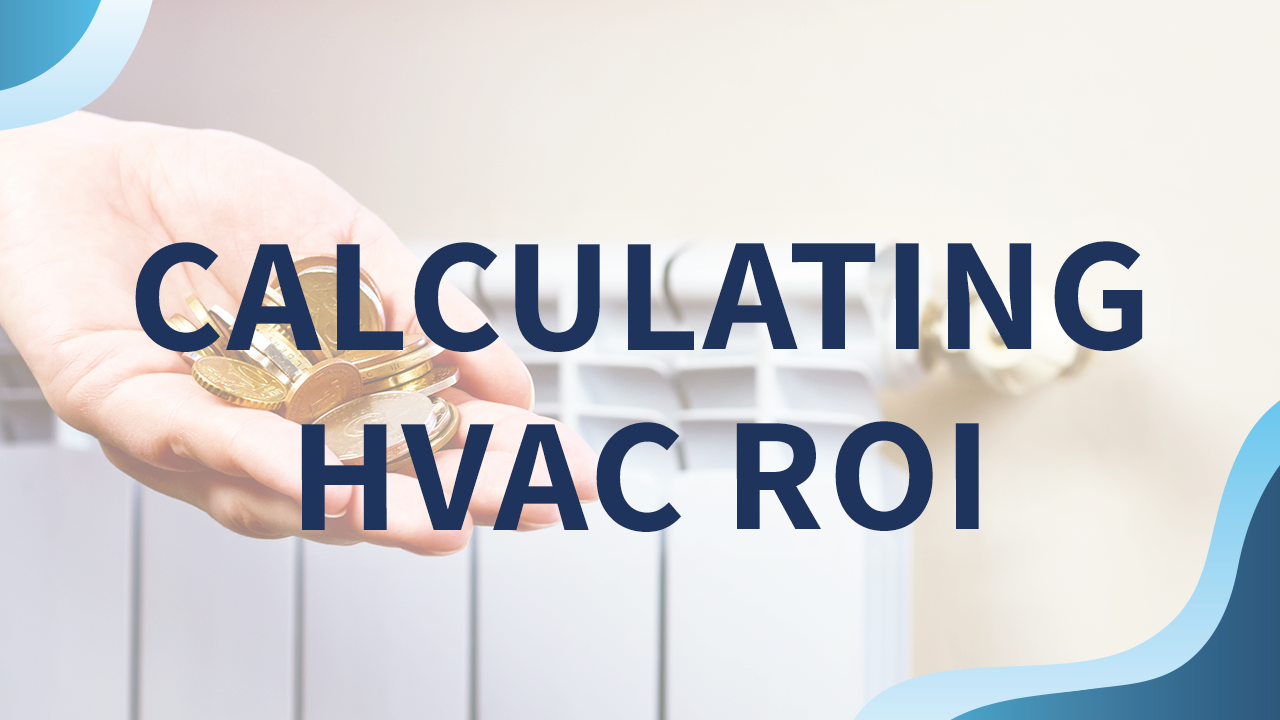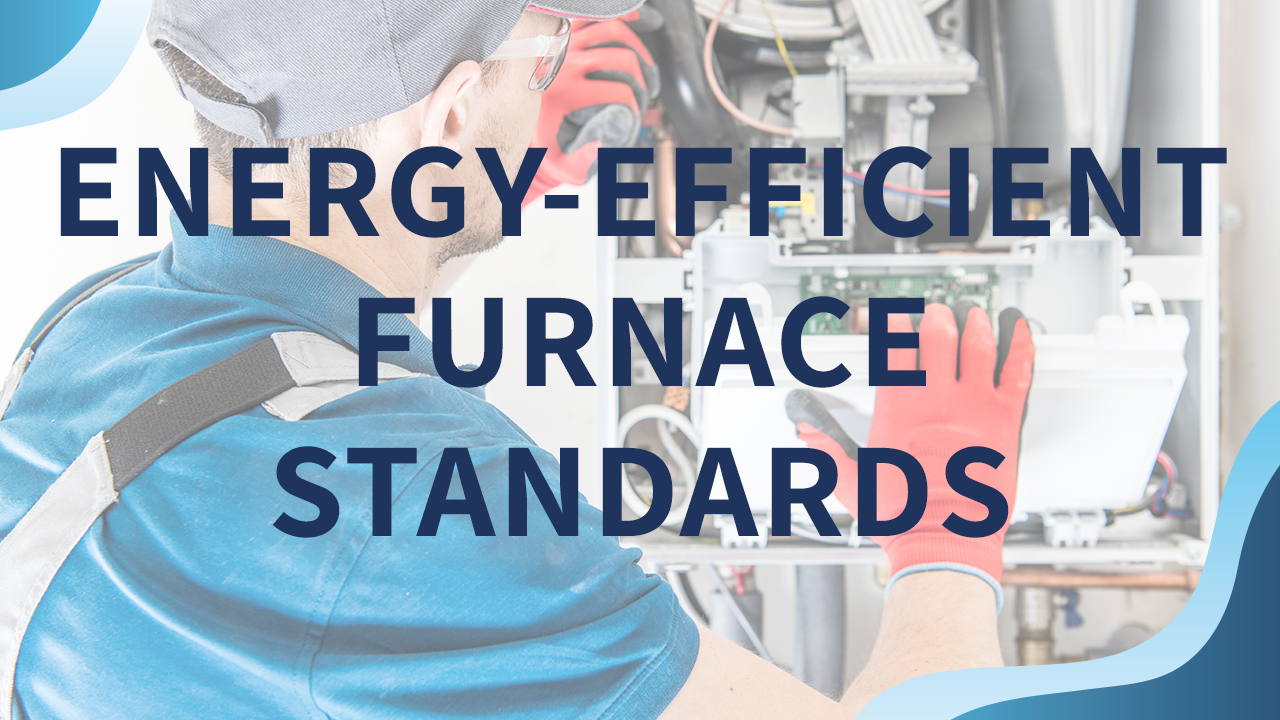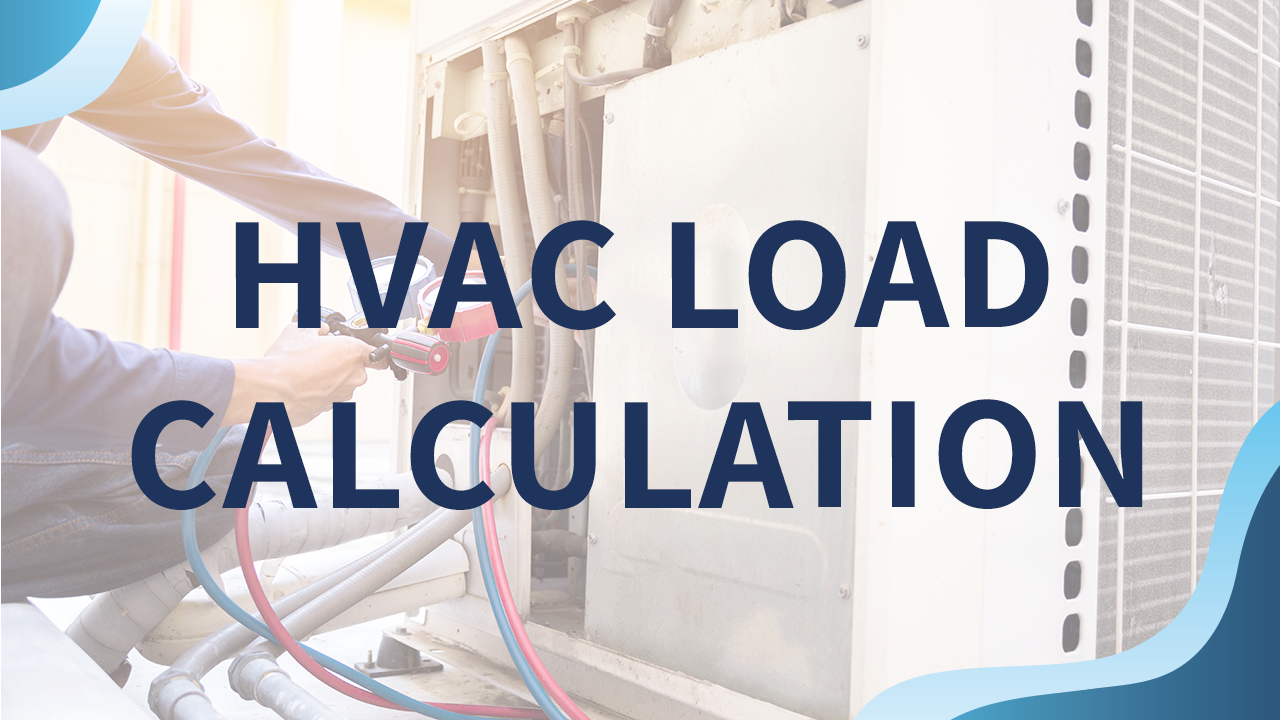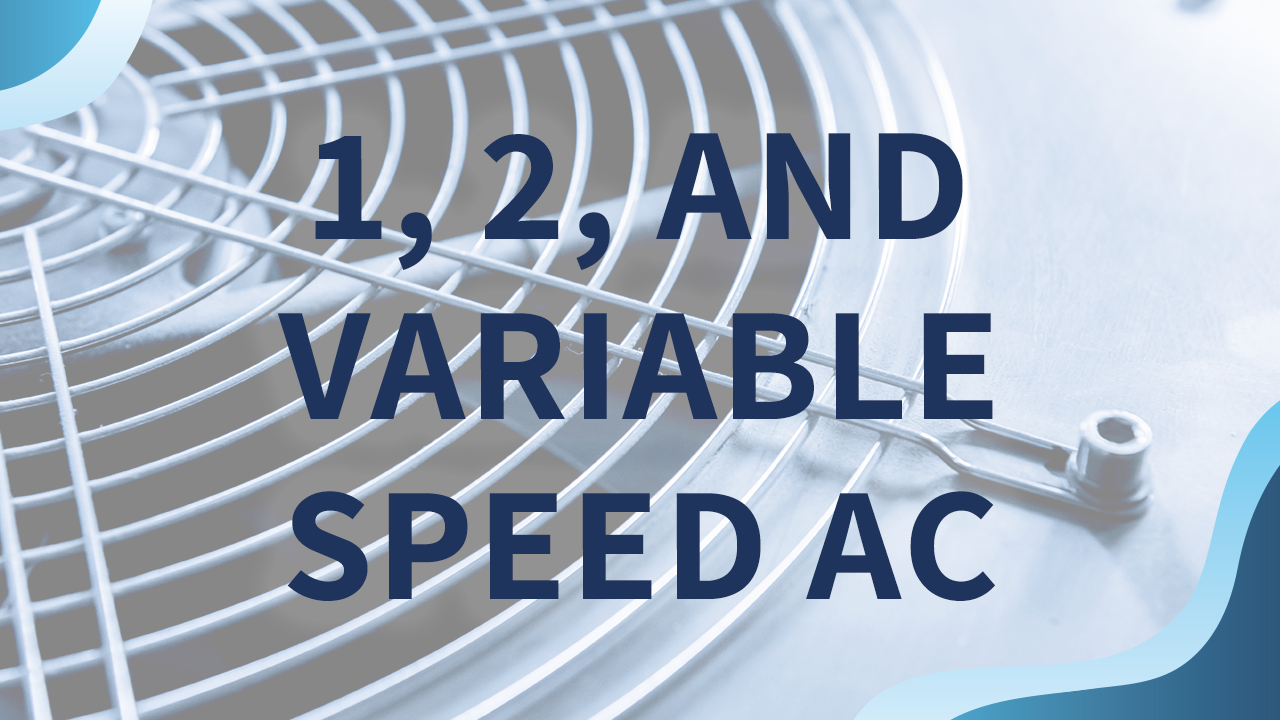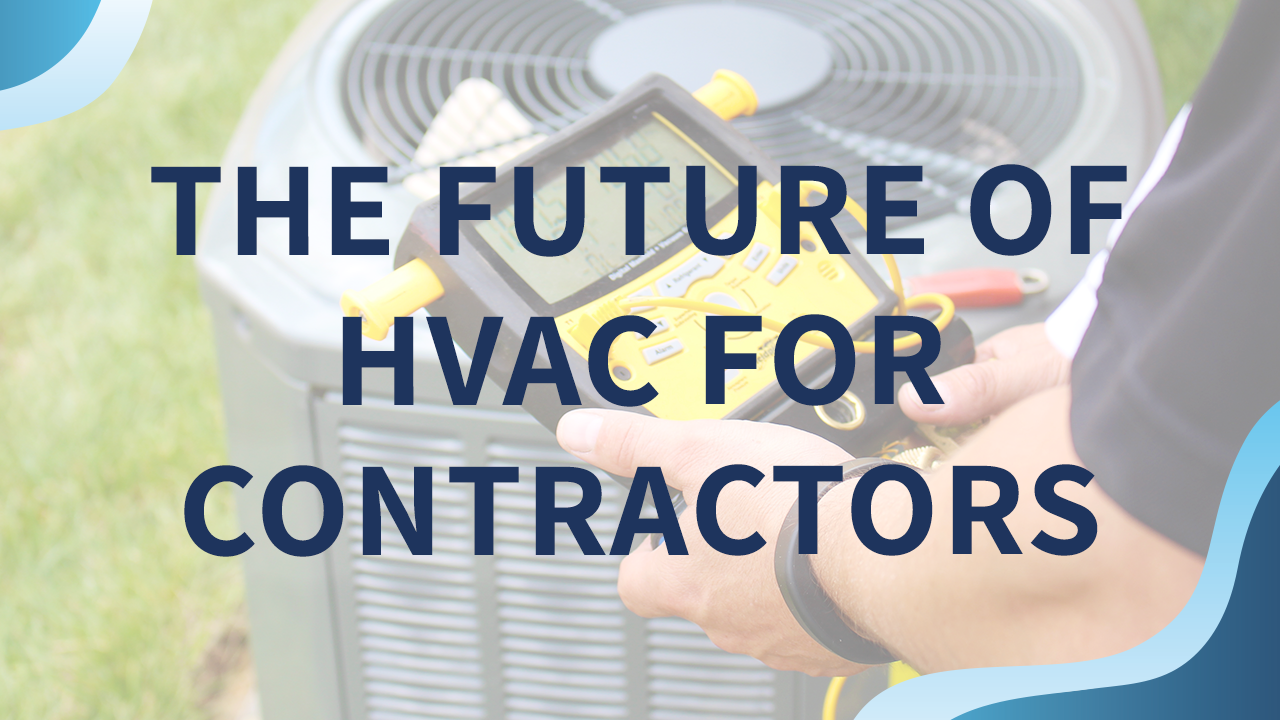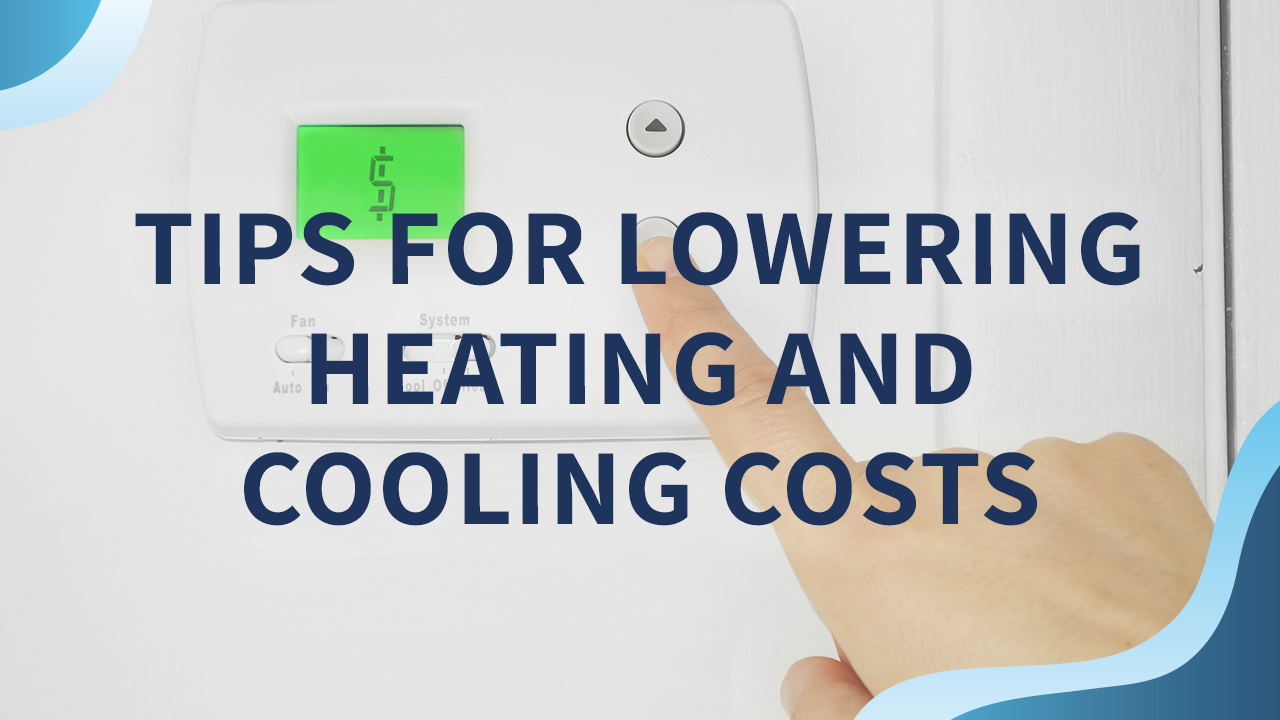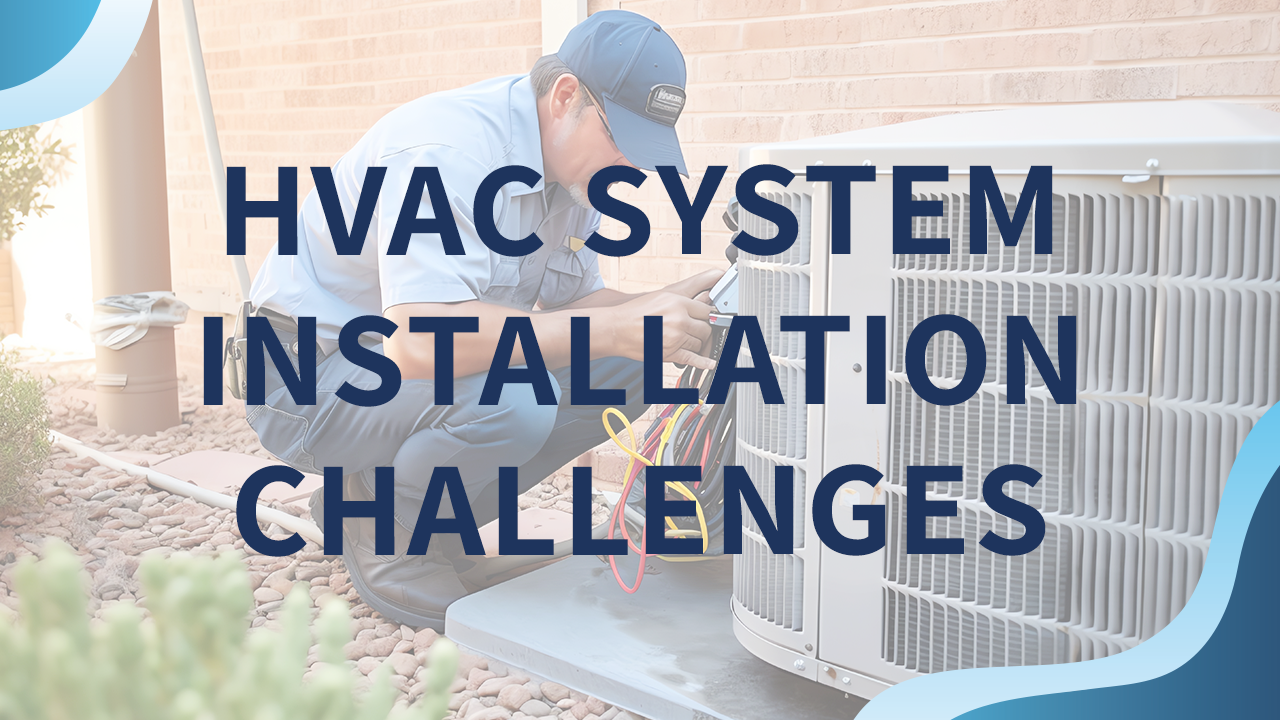Planning for capital expenditures is an essential element of business success and a way to ease a company’s tax burden while boosting its profits. Costs associated with business assets, such as machinery, vehicles, and properties, can be deducted from a business’s taxable income, but differently than operating expenses like rent and inventory. Effective planning for HVAC capital expenditures can also help a business grow as the company adequately budgets for future expansion.
Is HVAC a capital expenditure?
Are HVAC-related costs a capital expenditure? And if so, what HVAC purchases can be included when planning capital expenditures? It’s easier to make these critical decisions by first defining capital expenditures. CapEx, as they’re commonly known, are monies a company invests in acquiring or upgrading fixed, physical, non-consumable assets like new businesses, equipment, and properties. Capital expenditures can include those made to maintain existing business operations and those made to scale a business and grow. Still, an asset’s usefulness must exceed one year to qualify as a capital expense.
In the simplest of terms, capital expenditure reflects an investment that adds to the value of a business. At the same time, a company spends operating expenses on maintaining operations in its current state. Capital assets also lose value over time, known as depreciation, which reduces not only their worth but the overall value of the business.
Under this definition, new HVAC equipment qualifies as a capital expense, but what about other HVAC-related costs? The new equipment adds value to the property, its usefulness exceeds one year, and its value decreases over time. But what about installation costs? Are HVAC repairs, upgrades, and maintenance costs also capital expenditures?
Since routine maintenance doesn’t add value to the existing business operations, and it’s a necessary part of owning a functioning HVAC system, those costs typically are not considered capital expenses. The same could be said of simple repairs and replacing a faulty component with one of similar value. However, suppose the new parts significantly upgrade the HVAC system, increasing its usefulness and value. In that case, those could be considered capital expenditures. Likewise, if a business is performing an upgrade or large-scale maintenance on an entire HVAC system consisting of multiple units, those costs also might be a capital expense.
More obviously, money spent on the regular operation of an HVAC system, such as the cost of electricity to operate the equipment, are not a capital expenditure but part of a company’s operating expenses.
What is capital expenditure planning?
Planning a long-term budget, including capital expenditures, is more challenging than allocating funds for operational expenses since businesses make CapEx investments on assets that generally cost more and are meant to last for longer yet not precisely defined periods. Investing in assets like HVAC equipment requires careful planning.
CapEx planning requires a business owner to carefully evaluate long-term needs, objectives, and goals to prioritize the best use of capital over time. Suppose a business doesn’t adequately plan for the projected lifespan of its HVAC equipment, for example. In that case, it could find itself disastrously unprepared for the cost of replacement when outdated equipment ultimately fails.
When planning HVAC capital expenditures, property managers must consider not only the equipment’s expected lifespan. They must also consider how often it needs repairing, the costs associated with repairs and parts, and the additional operational costs associated with long-term inefficiencies. Would a replacement HVAC system be worth the cost if it greatly reduces other issues? Would a system-wide upgrade better satisfy budgetary restraints? How many years should the budget allocate funds towards the purchase? How many additional years will it take to recover the cost of the investment?
HVAC CapEx Planning Tips
A successful business will ensure it includes HVAC investments in its CapEx planning strategy. Since HVAC is a significant component of almost any organization’s operating budget, planning for future heating, cooling, and ventilation-related investments – which impact the cost of operating HVAC systems – effectively promotes overall growth.
Need a better strategy for HVAC CapEx planning? The following tips will help you create a long-term approach to HVAC expenditures:
Remember equipment lifespans
HVAC equipment lifespans aren’t as simple as the period the entire system operates. HVAC involves many moving parts, subsystems, and controls, each with a projected lifespan. As each component ages, it will require additional maintenance and repairs before it ultimately needs replacing. Effective CapEx strategies should consider each HVAC component’s projected lifespan and the costs associated with repairing and replacing it. This way, a company can budget accordingly to prepare for future investments.
Consider legislative changes
Does your company’s HVAC system meet new regulatory requirements? As society increases its focus on preserving the environment and conserving energy use, legislative changes demand organizations install more efficient HVAC technology. Sometimes these new requirements involve deadlines and penalties for noncompliance. Effective HVAC capital expenditures planning must allow for these stipulations and budget to bring systems up to code, either through replacement or retrofitting, before deadlines expire.
Balance repair and replacement costs
Of course, every profitable business strives to ensure the lifespans of all its equipment are as long as possible. Sometimes, however, eking a few extra years out of property like HVAC systems can cost more in repair and inefficiencies than any savings achieved by delaying replacement. In these cases, the new HVAC equipment can function more efficiently, reducing energy costs and eliminating excess repair bills.
Decrease energy consumption
Is an older HVAC system still cost-effective to operate? Much as repair bills quickly can offset any cost savings achieved by using HVAC equipment for its maximum lifespan, excess energy consumption can cost a business in the long run. Savvy business owners and property managers will include energy cost estimates in their CapEx planning. Doing so will ensure they get the best value in HVAC properties and energy consumption. Don’t forget that state and federal governments often offer tax savings and rebates when upgrading HVAC for greater energy efficiency.
Focus on operational efficiency
HVAC CapEx planning requires the consideration of multiple variables, each with its costs and potential savings. These various elements also impact one another, making developing a CapEx strategy even more complex. Fortunately, HVAC management software tools can help understand and compare the data. Motili users can improve their CapEx planning process and boost operational efficiencies thanks to integrations that merge HVAC-related data with other productivity software like Yardi Voyager and Coupa. More data equals improved insights and better planning.
Plan ahead
HVAC issues are unpredictable. It’s hard to plan precisely when they will occur and how much they will cost. Ongoing supply issues certainly don’t help matters. Effective CapEx planning will encompass strategies for the expected and the unexpected.
